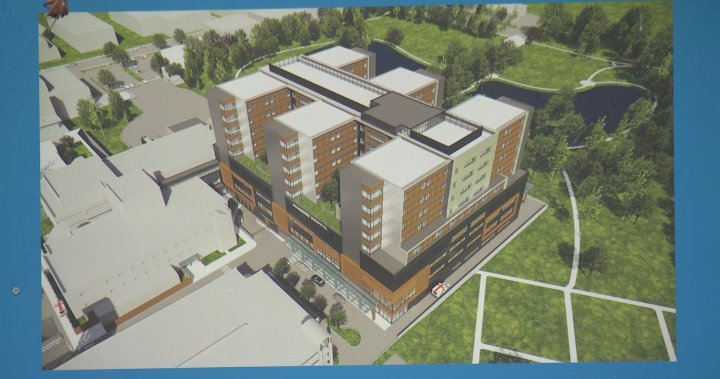The escalating costs of major capital projects across British Columbia are raising concerns among taxpayers and industry professionals alike. The Richmond Hospital redevelopment, initially estimated at $860 million in 2020, has now skyrocketed to a forecasted cost of $1.96 billion. Similarly, the Cowichan Hospital project has seen its budget climb from $350 million in 2018 to over $1.4 billion, while a planned second hospital in Surrey has seen its estimated cost rise from $1.72 billion to over $2.88 billion. The province attributes these cost increases to rising material and labor prices, global supply chain issues, and inflation.
Chris Gardner, president of the Independent Contractors and Business Association, believes that the government’s procurement model is to blame for the continuous budget overruns. He argues that working more closely with the industry, exploring different procurement models, and sharing project risks could help bring costs down. Gardner also points to permit and project approval delays at the municipal level as a factor in escalating costs. Additionally, he criticizes the use of community benefit agreements, which favor union contracts and limit the pool of contractors, leading to increased administrative complexity and higher costs.
Matt MacInnes, president of the Electrical Contractors Association of B.C., highlights material and labor costs as the main drivers behind budget increases in both public and private projects. He acknowledges that solving the challenge of rising costs won’t be easy for the province, particularly due to the scarcity of skilled contractors capable of handling large-scale projects. With many projects’ cost estimates set during a different economic climate, MacInnes anticipates that new estimates will come in considerably higher than originally forecasted.
B.C. Premier David Eby acknowledges the surging costs of the province’s major infrastructure projects but emphasizes the need to address the infrastructure deficit as the population continues to grow. Eby recognizes that delays and cost escalations are inevitable but argues that it would be even more expensive to postpone these projects further. The Ministry of Transportation recently announced delays for the Broadway subway extension and the Pattullo Bridge replacement, raising concerns about how the backlog will impact the final costs of these projects.
Overall, the rising costs of major capital projects in British Columbia are attributed to a combination of factors, including inflation, global supply chain issues, labor shortages, and delays in project approvals. Industry experts and government officials are in agreement that addressing these challenges will require collaboration between the government and the construction industry, exploring new procurement models, and streamlining administrative processes. While the province faces significant hurdles in managing project budgets, the need to address the infrastructure deficit and accommodate a growing population remains a priority. As the province grapples with escalating costs and delays in major projects, a proactive approach to project management and budgeting will be crucial in ensuring successful and efficient delivery of essential infrastructure across British Columbia.













